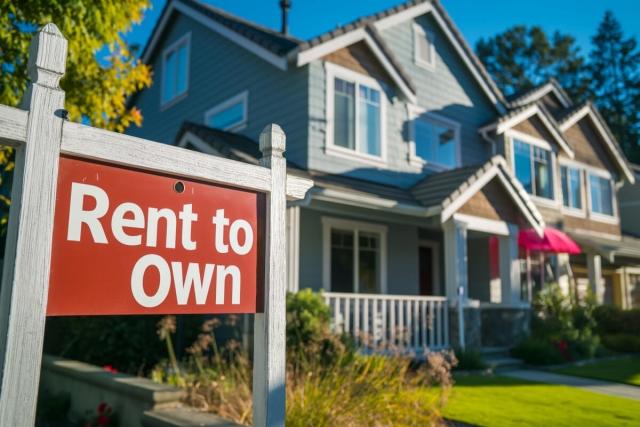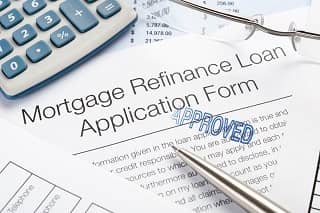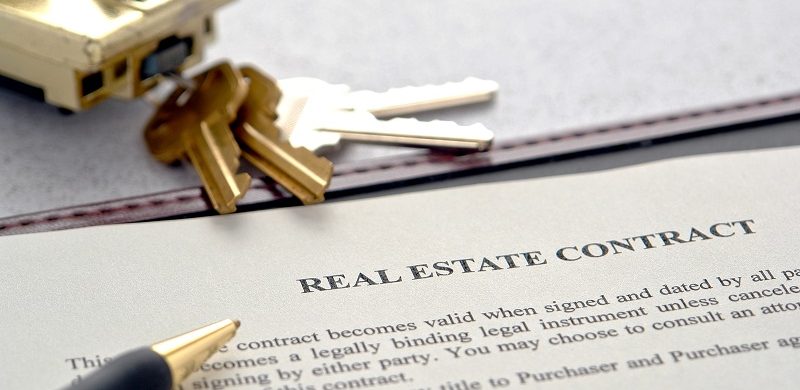Understanding Homeowner's Insurance
Purchasing a new home is an exciting milestone, but it also comes with responsibilities, like understanding and securing homeowners insurance. While it may not be the most thrilling part of the process, homeowners insurance is essential for protecting your investment and your peace of mind. Here's a guide to help new buyers navigate the ins and outs of homeowners insurance.
What Is Homeowners Insurance?
Homeowners insurance is a type of financial protection for your home and belongings in case of damage, theft, or certain natural disasters. It can also cover liability for accidents that happen on your property. While lenders typically require insurance before finalizing your mortgage, having the right coverage is crucial even if you’re paying in cash.
What Does Homeowners Insurance Cover?
Standard homeowners insurance policies typically include the following types of coverage:
-
Dwelling Protection
Covers the cost of repairing or rebuilding your home if it’s damaged by covered perils like fire, hail, or wind. -
Personal Property Coverage
Protects your belongings, such as furniture, electronics, and clothing, if they’re stolen or damaged. -
Liability Protection
Covers legal fees and medical expenses if someone is injured on your property or if you accidentally damage someone else’s property. -
Additional Living Expenses (ALE)
Pays for temporary housing and other expenses if your home becomes uninhabitable due to a covered event. -
Other Structures Coverage
Protects structures not attached to your home, like a detached garage or shed.
What’s Not Covered?
Certain events, like flooding, earthquakes, or normal wear and tear, are not typically covered under standard policies. If you’re in a high-risk area, you may need to purchase additional policies or endorsements to ensure comprehensive protection.
How to Choose the Right Policy
-
Assess Your Coverage Needs
Consider the cost to rebuild your home, the value of your personal belongings, and potential liability risks. -
Compare Providers
Shop around to compare premiums, coverage options, and customer reviews. Your real estate agent or lender may have recommendations. -
Understand Deductibles and Limits
Higher deductibles can lower your premiums, but make sure you can afford the out-of-pocket cost if you need to file a claim. -
Ask About Discounts
Many insurers offer discounts for bundling policies, installing security systems, or being claim-free. -
Review Policy Exclusions
Know what isn’t covered and decide if you need additional riders for specific risks, like jewelry or water damage.
Tips for First-Time Buyers
- Start Early: Begin researching insurance options once your offer is accepted.
- Work with Experts: Your real estate agent and lender can guide you in choosing reputable providers.
- Shop Small: Large name providers have been known to drop consumers at the drop of a hat. Try to find an independent insurance broker.
- Don’t Focus Solely on Price: Look for a policy that provides adequate coverage for your needs, not just the lowest premium.
- Review Annually: As your home’s value or your personal situation changes, adjust your policy to stay protected.
Why Homeowners Insurance Matters
Buying a home is one of the biggest investments you’ll make, and homeowners insurance ensures that your investment is protected. It’s not just about meeting lender requirements—it’s about having peace of mind knowing you’re prepared for life’s unexpected moments.
Whether you’re buying your first home or upgrading to your dream house, understanding homeowners insurance is a crucial step in the process. Take the time to research, compare, and select a policy that works for you.
Categories
Recent Posts










GET MORE INFORMATION

